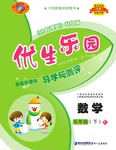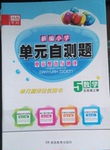题目内容
–I don’t know what I _______ without the suitcase you lent me.
–Glad to have been of some help to you.
A. should have doneB. would doC. would have doneD. should do
C
【解析】
试题分析:句意:——我不知道没有你借给我的提箱我会怎样做。——很高兴能对你有帮助。
“情态动词+v原形” 表示对现在的假设和虚拟;根据句意可知此处表示对过去发生事情的推测,故排除BD选项,should have done “本应该做某事”,根据otherwise判断此处是含蓄型的虚拟语气,选C。
考点:考查虚拟语气。

练习册系列答案
 优生乐园系列答案
优生乐园系列答案 新编小学单元自测题系列答案
新编小学单元自测题系列答案
相关题目
 It seems as if every day, some new articles come out about a new discovery about this or that. For example, water is bad for you, or good for you. The answer depends on which scientific study has just come out. People cannot decide which food items are healthy, how pyramids were constructed, and why dinosaurs disappeared. When we look for answers we sometimes can be
It seems as if every day, some new articles come out about a new discovery about this or that. For example, water is bad for you, or good for you. The answer depends on which scientific study has just come out. People cannot decide which food items are healthy, how pyramids were constructed, and why dinosaurs disappeared. When we look for answers we sometimes can be nks. I can manage it.
nks. I can manage it. h easier than English.
h easier than English. bject as
bject as